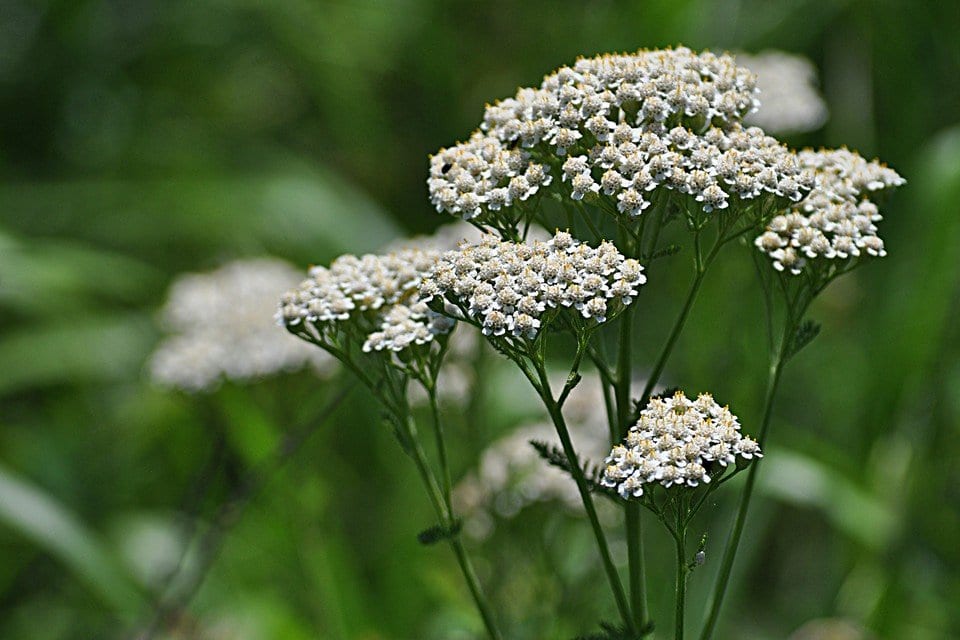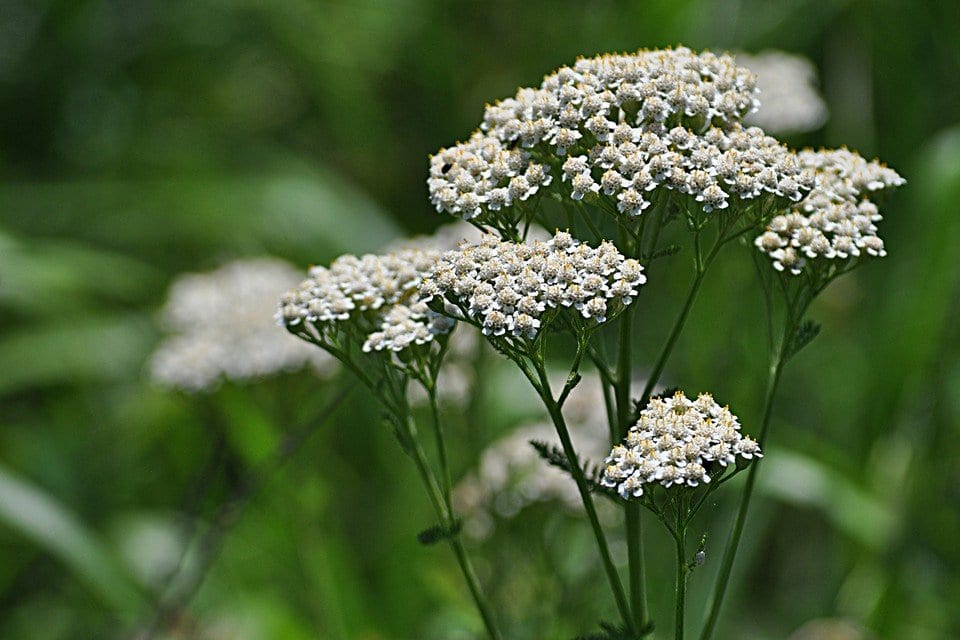Renaissance Farms
Yarrow
Yarrow
Couldn't load pickup availability
Achillea millefolium (Yarrow)
Yarrow is a loyal ally for tending the small hurts of daily life—staunching bleeding, easing bruises, and soothing minor irritations. It can help break a fever, clear congestion, and offer gentle antiviral support. As a bright digestive bitter, it steadies the stomach, and its cooling nature can ease heavy menstrual bleeding and cramping. A healer of the body who teaches us to care for ourselves so we can care for our world.
WARNING: Do not take during pregnancy.
For deeper teachings and folk practice traditions, download the free Yarrow monograph in the Materia Medica at FarmSchool.
Disclaimer: This statement has not been evaluated by the Food and Drug Administration. This product is not intended to diagnose, treat, cure, or prevent any disease. Consult with a qualified healthcare professional before using any herbal products, especially if you are pregnant, nursing, or taking any medications.
Share


